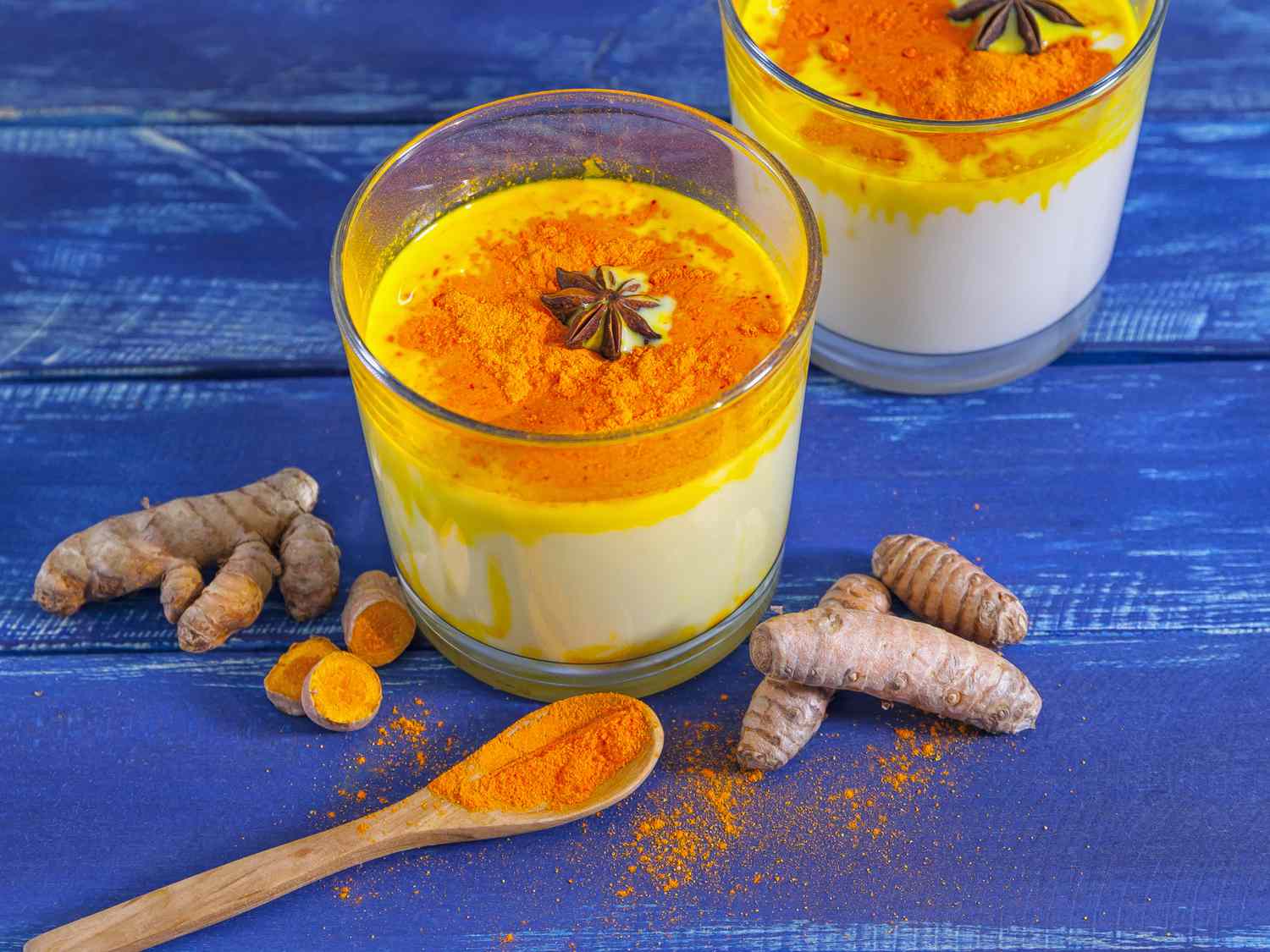
Joint Health is Important at Any Age
Your joint health is imperative to living a full, happy and healthy life. Joint pain and discomfort can affect people at any age. It can be due to over exertion during sports and exercise, a medical condition such as arthritis or something as simple as changes in the weather. That’s why it is important that you take the steps to support good joint health. This can easily be done with some simple diet choices and adding supplements to your daily routine.
Supporting Joint Health with Food
While food may not be able to cure ailments, incorporating certain ones into your daily diet can certainly help. For instance, add more fish to your diet is a great way to support your joint health. Cold-water fish such as tuna and trout are great sources of omega-3 fatty acids, which fight inflammation in the joints. Two to three servings per week are suggested. Below is a list of a additional foods that can help fight against joint pain and boost joint health.
Fruits
- Berries – Blueberries, strawberries, raspberries, and blackberries are some fruits that are high in antioxidants. Antioxidants gave help prevent inflammation
- Grapes – Grapes contain reservatrol and proanthocyanidin which are known to increase mobility flexibility.
- Tart Cheries – Both the juice and the fruit have been shown to fight osteoarthritis and reduce inflammation.
Vegetables
- Bok choy – Bok choy contains sulforaphane, a compound that can stop inflammation and slow cartilage damage in joints.
- Broccoli – Also contain sulforaphane.
- Spinach – Contains kaempferol, an antioxidant that can aid in the reduction of inflammation caused by rheumatoid arthritis.
Pantry Staples
- Green tea – Green tea is a great source of catechins, potent compounds that can support joint health by “downregulating inflammatory signaling mediators” and other activities that help protect and preserve collagen and cartilage, according to research.
- Olive oil – Olive oil is a great source of omega-3 fatty acids, which fight inflammation. Use extra-virgin olive oil in dressings, drizzled on vegetables, stirred into soups, and as a butter substitute.
- Turmeric – The curcumin in turmeric blocks enzymes and cytokines that cause inflammation.
- Walnuts – Walnuts are a good source of healthy omega-3 fatty acids, which fight inflammation, including that associated with joint pain.
- Garlic – Contains diallyl disulfide that interferes with pro-inflammatory substances. When adding garlic to your diet, choose fresh when possible.
- Ginger – Contains the chemical compounds gingerol and shogaol which can slow inflammation.
Supporting Joint Health with Supplements
Aside from diet choices, supplements are a great way to support your joint health. From your everyday vitamins to some lesser know wonders, let’s take a look at what is out there.
Vitamins for Joint Health
- Calcium – Calcium is a key player in joint health. It works along with vitamin D and other nutrients to support and promote joint integrity. If you aren’t getting sufficient calcium from food (1,000 mg is the daily requirement), then a supplement can help. You have numerous options when it comes to calcium supplements; choose the one that works best for you.
- Vitamin D – For those who don’t get enough vitamin D-producing sunlight, a supplement is often in order. This nutrient assists the body in absorbing calcium to help keep bones strong. You should have your vitamin D levels checked with a simple blood test before taking a supplement to determine if you are deficient and how much of the supplement you need.
- Vitamin K – It’s essential to get enough vitamin K to promote joint and bone health. In one meta-analysis, women who took vitamin K2 supplements showed a significant improvement in bone health and a lower risk of fractures.
- Magnesium – This versatile mineral can help with joint health and pain.
Other Supplements
- Glucosamine – The body’s natural levels of glucosamine decline as people age. Supplementing with glucosamine sulfate can help manage inflammation of the joints and osteoarthritis.
- Chondroitin – Chondroitin is a substance in human cartilage that helps cushion the joints.
- Ginger – Ginger can help with indigestion and other gastrointestinal ailments, but did you know it also can assist with joint health? Among the studies of ginger and joint health, one conducted at the University of California–Los Angeles reported that ginger reduced stiffness and pain in the knee joints by 40 percent when compared with placebo. The herb appears to work by impacting certain inflammatory processes.
- Omega-3 Fatty Acids – Coldwater fatty fish and some other foods are sources of omega-3 fatty acids. However, many people prefer to take omega-3 supplements as either fish oil or krill oil. These fats prompt the body to make chemicals that fight inflammation.
- Turmeric (curcumin) – The herb turmeric contains curcumin, which we use to manage joint pain. Turmeric has anti-inflammatory properties and can be helpful in relieving arthritis pain.
In Closing
While diet changes and supplements may not cure your ailing joints, making these subtle changes can provide a vast improvement if you are experiencing a decline in your joint health.
Check out our full menu here.

